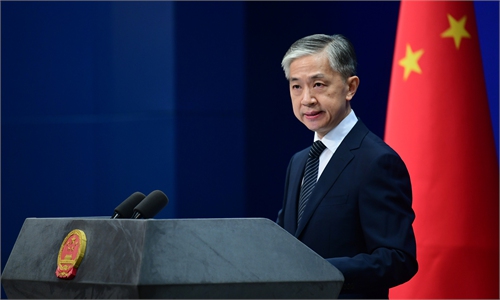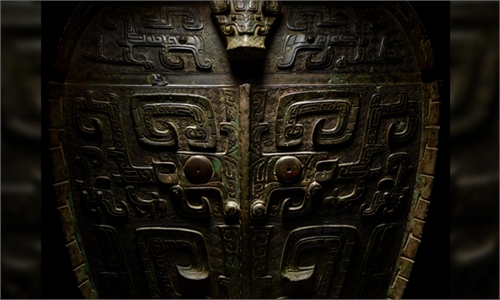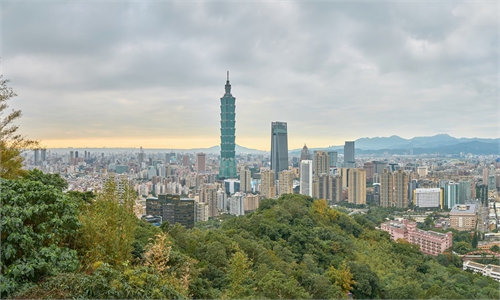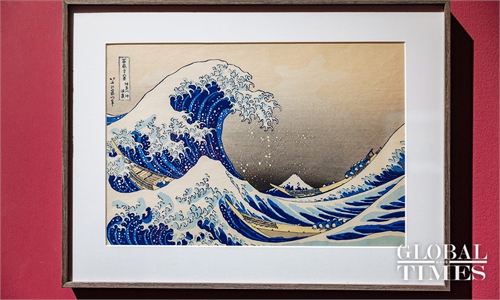Japan PM’s talk with US envoy in Hiroshima on Russian nuclear threat mocked for insulting A-bomb victims
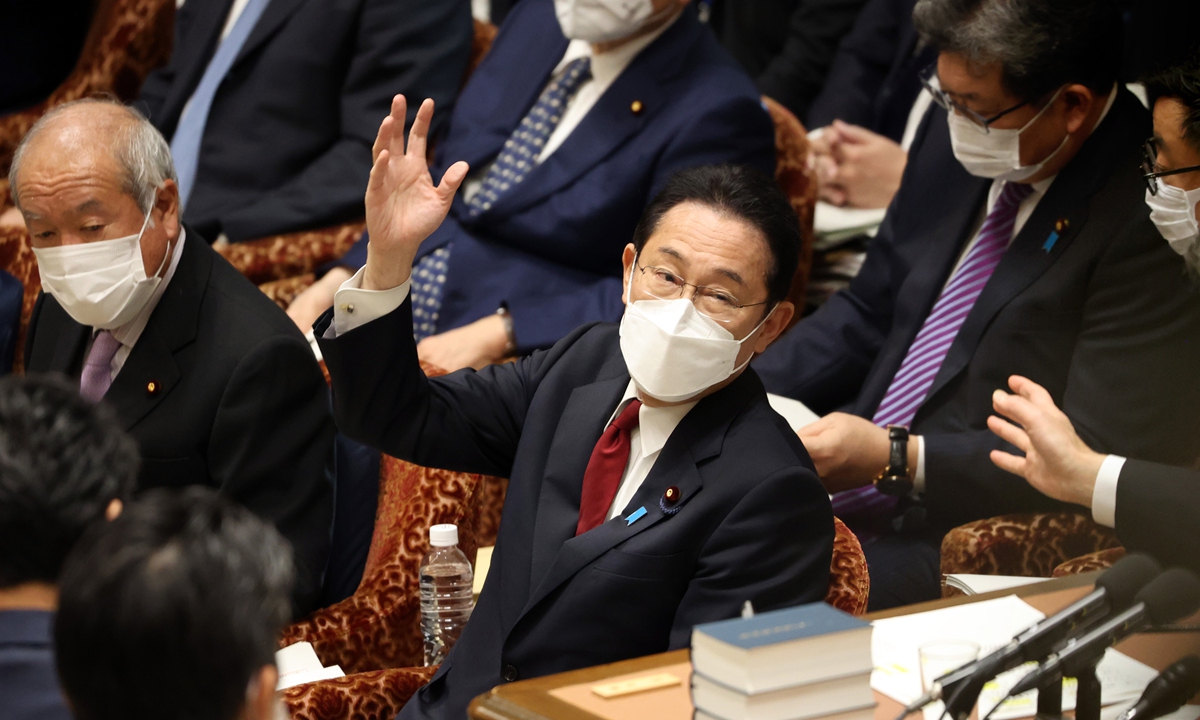
Japanese Prime Minister Fumio Kishida (center). Photo:VCG
Controversy arose among Japanese netizens after Japanese Prime Minister Fumio Kishida and US Ambassador to Japan Rahm Emanuel commemorated victims of the atomic bomb attack and discussed the Russian nuclear threat in Hiroshima on Saturday.
As some Japanese netizens accused Kishida of forgetting Japan's painful history and flattering the US, experts said that as a former target and victim of nuclear attack, Japan should react to this issue with cautious and balanced consideration rather than subserviently courting the US, expressing further concerns over Japan's potential tendency toward the real possession of nuclear weapons.
During the talk with the US envoy, Kishida said he is worried about Russia's possible use of nuclear weapons, Jiji Press reported. However, some Japanese netizens criticized him for making use of the nuclear issue amid the Ukraine crisis to cater to the US who launched two devastating atomic bombs attack on Japan during WWII.
"The US is justifying its behavior of dropping the bomb and presenting flowers to those victims with no apology at all and it is an insult to Hiroshima," said one netizen.
Others even called the visit shameful political propaganda given that the US was the only country in the world to have used nuclear weapons with huge investment in nuclear expansion.
"Why is it necessary for a nuclear-sharing discussion since the government decided to pursue the non-proliferation of nuclear weapons," they commented.
As Japan media reported Russian President Vladimir Putin's remarks on Friday that Japan seldom mentioned who dropped the A-bomb on the memorial day nor in textbooks, some Japanese netizens agreed, saying that Putin's words hit the sore point: Japan is not fully "independent."
Experts expressed concerns over Japan's potential tendency toward the real possession of nuclear weapons, saying that Kishida's "acquiescence" may accelerate the process of changing Japan's stance on non-proliferation of nuclear weapons even though Kishida himself opposes holding nuclear weapons.
In February, former prime minister Shinzo Abe suggested a nuclear-weapons sharing agreement with the US, which could make nuclear weapons available to Japan if his suggestion is accepted by both the Japanese and the US governments.
"Although Kishida said Japan will not consider the nuclear sharing suggestion, he didn't stop others discussing the dangerous trend," Liu Jiangyong, Vice Dean of the Institute of Modern International Relations at Tsinghua University, told the Global Times on Sunday.
"While most Japanese citizens oppose the possession of nuclear weapons, support may increase within Japan's political circle as right-wing politicians like Shinzo Abe repeat and exaggerate the nuclear threat from China, Russia and North Korea. Now they could take what happened in Ukraine to further support themselves," Hu Jiping, a research fellow of China Institutes of Contemporary International Relations told the Global Times on Sunday.
Experts believe Japan's dangerous tendency to try to break the status quo in the nuclear issue is what China should really pay attention to.
